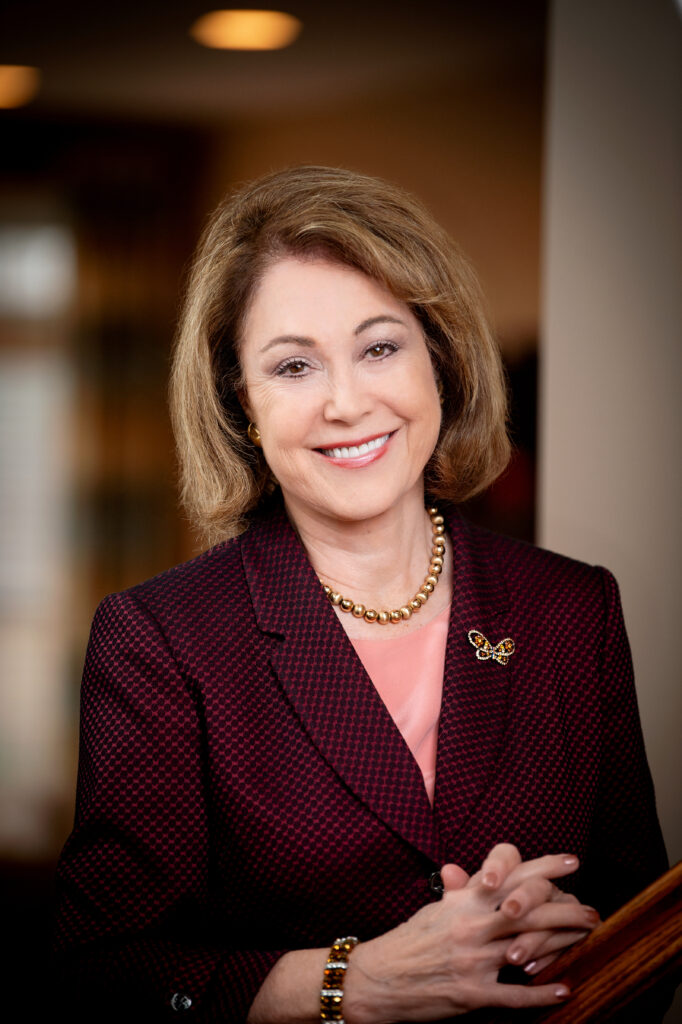Mr. Chairman and members of the committee,
My name is Matt Dean. I am a senior health policy fellow for outreach with the Heartland Institute. The Heartland Institute is a 37-year-old independent, national, nonprofit organization whose mission is to discover, develop, and promote free-market solutions. Heartland is committed to developing and promoting individual freedoms as defined in our Constitution. My focus at Heartland is in promoting patient-centered solutions to our healthcare challenges.
The COVID-19 pandemic has produced many such challenges. The pandemic has made things much worse for those living with mental illness and stressed otherwise healthy people to the point where they now need help. Isolation, stress, and life changes have created an unprecedented surge in demand for already scarce mental health services. The CDC measured this alarming trend and confirmed that as the pandemic continues, the rate of untreated mental illness climbes, and younger people suffer more. From the April 2021 study: “During August 2020–February 2021, the percentage of adults with recent symptoms of an anxiety or a depressive disorder increased from 36.4% to 41.5%, and the percentage of those reporting an unmet mental health care need increased from 9.2% to 11.7%. Increases were largest among adults aged 18–29 years”
Making things even worse, patients were prevented from travel or from participating in residential, group and (in many cases) in-person counseling sessions because of meeting restrictions. Follow-up visits also dropped by 30%.
Colorado ranked 47th in terms of overall mental healthcare in the 2021 Mental Health America’s national survey. Access issues, driven by sparsity and terrain certainly impacted that ranking.
Telehealth (or telemedicine) received a baptism by fire as therapists turned to this relatively new way to treat patients locked down by the pandemic. Mental health services were the most underserved need throughout the pandemic and telehealth services provided a way to connect remote therapists with suffering patients. Despite this, shortages in providers left many patients waiting for treatment.
I would like to thank Senators Ginal, Woodward, Larson and Young for authoring the interstate licensed professional counselor compact. The goal to help alleviate the demand for mental health services is achieved by connecting struggling Colorado patients with providers in nine or more states, while allowing counselors here to serve patients across state lines as well.
In reviewing testimony from the earlier Health and Human Services committee, I learned that Kiara Kuenzler M.D., CEO and president of the Jefferson Center, could serve an additional 10,000 patients each year if Senate Bill 077 becomes law.
Getting 10,000 Coloradans the help they desperately need is a great reason to enact the compact. The bill will also help attract licensed professional counselors and their families to Colorado. Dr. Kuenzler has 90 open positions currently. This bill would help address the unprecedented need in mental health, while decreasing burden on providers and addressing shortages. In Section Six, the bill defines how military spouses who are professional counselors can provide services through the compact, providing more stability to active military families.
The bill enacts the “Interstate Licensed Professional Counselors Compact”, which, once effective, will allow licensed professional counselors in any state that has joined the compact (member state) to provide:
- Licensed professional counselor services in each member state under a privilege to practice; and
- Telehealth services in each member state under a privilege to practice.
The bill authorizes the state board of licensed professional counselor examiners (board) to promulgate rules and to facilitate Colorado’s participation in the compact, including notification to the Counseling Compact Commission (commission) established by the compact of any adverse action taken by the board against a Colorado licensed professional counselor. The commission includes a delegate from each member state and has the powers and duties set forth in the bill. The compact becomes effective on the date the compact is enacted in the tenth member state.
So that members, is what the bill does. Colorado has a unique opportunity to address acute mental health needs while also helping to alleviate a workforce shortage in this critical area. With that, Mr. Chair, I would like to thank the committee for your valuable time and answer any questions you may have.
Conclusion of testimony.
For more information about The Heartland Institute’s work, please visit our websites at www.heartland.org or http:/news.heartland.org, or call Matt Dean at 312/377-4000. You can reach Matt Dean at [email protected]
This testimony is for informational purposes only and is not meant to influence the vote of any elected official, and is intended to neither help, nor hinder the passage of this, or any other legislation.




